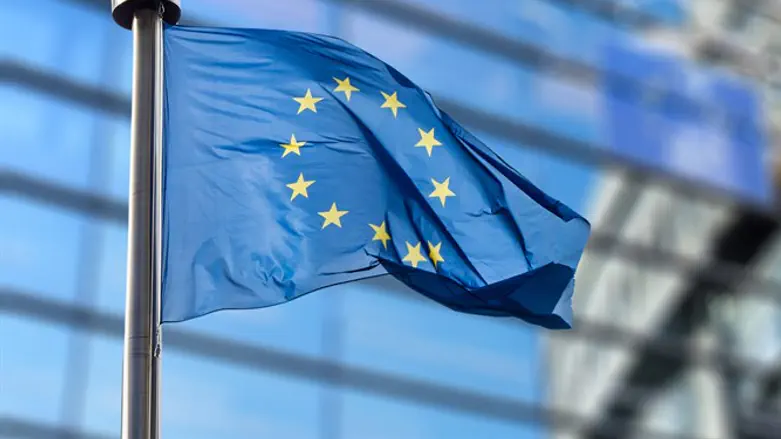
European Union foreign ministers will discuss next month whether the 28-nation bloc should modify its policy regarding Israel and the Palestinian Authority, The Associated Press reported on Monday.
“If we want a two-state solution we need to help and encourage both parties to enter into a serious and credible negotiation, and this is not the case” at the moment, new EU foreign policy chief Josep Borrell told reporters after chairing talks between the ministers.
Borrell said the ministers “will deeply discuss the situation in the Middle East” when they meet again in Brussels on January 20.
His remarks come a day after Israel’s Channel 13 News reported that Luxembourg Foreign Minister Jean Asselborn is pushing for all member states of the EU to recognize “Palestine” in response US Secretary of State Mike Pompeo’s recent announcement that the US does not view the Israeli communities in Judea and Samaria as illegal.
The EU’s long-held stance is that any peace agreement between Israel and the PA should be based on the notion of two states. The bloc also opposes Israeli construction in Judea and Samaria and insists it is illegal under international law.
In a letter to Borrell, Asselborn said that hopes for a two-state solution are “being dismantled piece by piece, day after day,” and that it is time to consider recognizing “Palestine” as a state.
“The policy of settlement and demolition risks replacing the two-state solution with a one-state reality, marked by perpetual conflict, occupation and unequal rights,” Asselborn wrote, according to AP.
He said that any EU decision to recognize Palestine “would neither be a favor, nor a blank check, but a simple recognition of the right of the Palestinian people to their own State. In no way would it be directed against Israel.”
PA officials have been pressuring countries to officially recognize “Palestine”, in a move meant to bypass direct peace talks with Israel.
While several European countries have recognized “Palestine” in recent years, those moves were symbolic ones that have little, if any, actual diplomatic effect.
